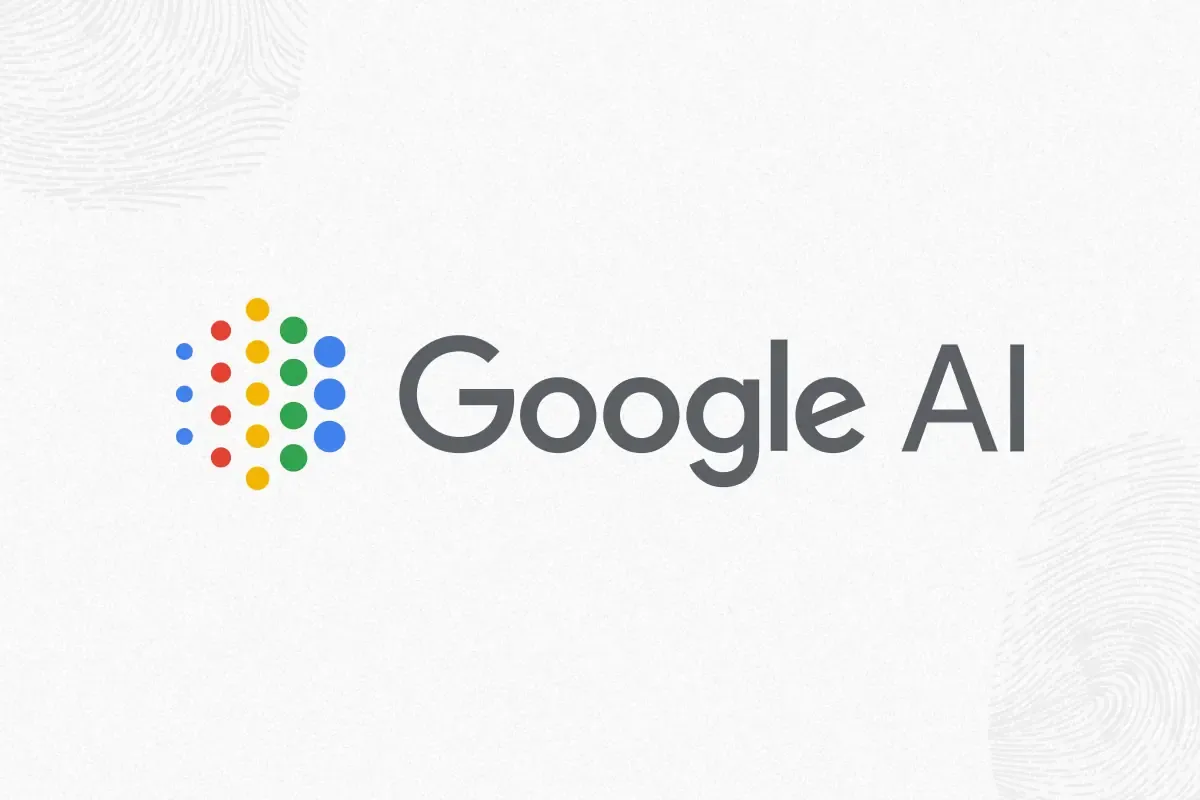Google is thinking about charging for AI-powered search
In what would be the largest upheaval to its search business to date, Google is thinking of charging for new "premium" capabilities driven by generative artificial intelligence.
Redesigning its cash cow search engine would be the first time the company has hidden any of its key products behind a paywall. This indicates that, nearly a year and a half after ChatGPT's launch, the company is still battling with a technology that could endanger its advertising business.
Three people with knowledge of Google's intentions claim that the company is considering adding specific AI-powered search tools to its premium subscription services, which already grant users access to its new Gemini AI assistant in Gmail and Docs.
Although management have not yet decided if or when to offer the service, engineers are working on the technology required to make it happen, according to one of the sources.
Ads would still show up next to search results, even for subscribers, and Google's standard search engine would stay free.
However, this would be Google's first time charging for improvements to its main search engine. For many years, Google provided free consumer services that were fully sponsored by advertising.
Google faces a dilemma in embracing the most recent AI advancements while maintaining its largest source of revenue, since search and related ads generated $175 billion in revenue last year, accounting for over half of the company's total revenues.
Ever since OpenAI introduced ChatGPT in November 2022, Google has been frantically trying to counter the formidable competition presented by the enormously popular chatbot. A typical search engine's list of links and the profitable advertisements that run alongside them may become obsolete since ChatGPT may provide prompt and comprehensive responses to a wide range of queries.
In May of last year, Google started testing a test version of an AI-powered search service that provided more thorough results to users along with connections to further content and advertisements. Its main search engine hasn't gotten any of the features from what it refers to as its "Search Generative Experience" trial very quickly, though.
Because generative AI uses a lot more processing power than typical search results, Google must pay more to display these search results, which include a "AI-powered snapshot." Only a small number of customers, even those who have opted for its Google One bundle, which provides extra cloud storage for a monthly cost, have been able to access SGE.
More than a year ago, Microsoft, which has a broad collaboration with OpenAI, introduced enhanced GPT-powered search together with a chatbot, which is currently known as Copilot, in its Bing search engine. Nevertheless, Bing's market share is still far behind Google, and the new AI features haven't done anything to increase it.
Some analysts have cautioned that if Google's search engine offered more comprehensive AI-generated results and eliminated the need for visitors to click through to its advertisers' websites, Google's advertising revenue may suffer. Furthermore, a lot of online publishers that rely on Google for internet traffic worry that if Google's AI-powered search pulls information straight from their web pages and displays it to consumers, fewer people would visit their websites.
This year, Google One, its consumer subscription service, offered a new premium tier for anyone who wished to use its most sophisticated chatbot, Gemini. Additionally, Workspace, a collection of online productivity tools that includes Gmail and Docs, now includes Gemini.
The company offers premium services with varying pricing tiers; it is unclear how precisely it would try to include AI-powered search into these services or when the AI-powered search offering would be ready to debut. Those with knowledge of Google's internal workings have speculated that the company may eventually choose to integrate some components of its experimental AI-powered service into its primary, free search engine.
Google said that while it would "continue to build new premium capabilities and services to enhance our subscription offerings across Google," the company was "not working on or considering" an ad-free search experience.
Google stated, "We've been reimagining Search for years to help people access information in the way that feels most natural to them." We've now answered billions of inquiries through our generative AI efforts in Search, and we're witnessing positive growth in Search query volume across all of our main markets. We're still working quickly to enhance the product to meet the needs of new users.
"We don't have anything to announce right now," it said.
The Satta News is a website that gives you information about Latest Artificial Intelligence News, Recent Technology News and get to know discoveries from Current Science News Events and it also shares new information on the internet.

